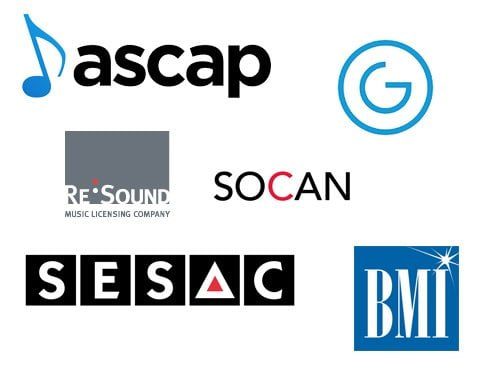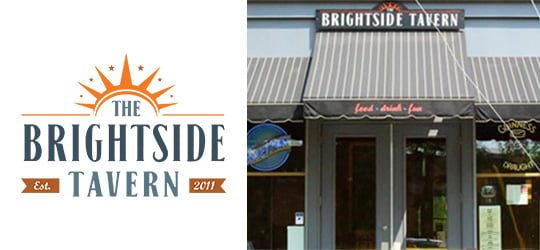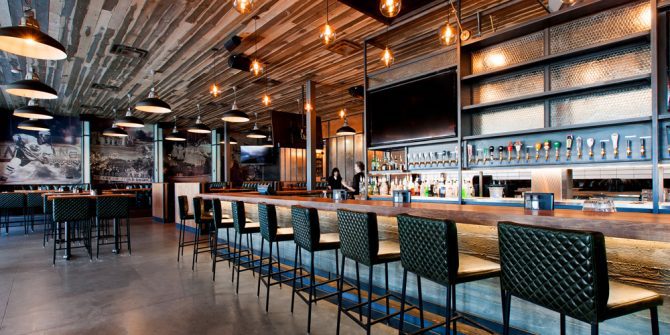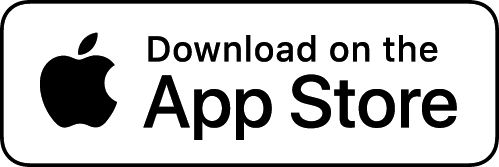Music licensing in your bar or restaurant can feel like trying to solve a Rubik’s cube while blindfolded – a challenge, to say the least. Our previous blog, 3 Steps to Simplifying Music Licensing in Your Bar or Restaurant introduced the essentials of music licensing and public performance rights. Today we will look at five common missteps bars and restaurants make when it comes to music licensing, and how to avoid them.
Table of Contents
1. Assuming One License Covers All
There’s a common misconception that acquiring a license from one Performance Rights Organization (PRO) provides the freedom to play any song. This isn’t the case. A song might have multiple songwriters or publishers registered with different PROs. To ensure complete legal coverage, you need to obtain licenses that cover all PROs, including ASCAP, BMI, SESAC, and GMR in the U.S., and SOCAN and Re:Sound in Canada.
2. Using Consumer Music Apps for Background Music
You might think, ‘Why not just hook up my personal Spotify or Apple Music to the speakers?’ It’s an easy trap to fall into. Apps like Spotify, Apple Music, and Pandora are popular among consumers, and it can be tempting to use them for background music in your establishment. However, these apps are intended for private use and don’t come with commercial licenses. Publicly playing music from these platforms could lead to copyright infringement, leaving your establishment open to potential legal issues.
3. Ignoring the Difference Between Background and Foreground Music
Background music is passively enjoyed by customers, while foreground music involves interactive activities like karaoke, DJ nights, or live bands. The license needed for background music doesn’t cover these interactive uses. If your establishment hosts events that involve foreground music, you’ll need to secure additional licensing directly from the PROs.
4. Forgetting to Update Licenses
Licensing agreements aren’t a “set it and forget it” deal. They need to be maintained and updated as necessary. This might be due to changes in your establishment like expanding square footage or hosting live music events, which could require adjustments to your licensing agreements.
5. Neglecting Local and International Artists
Often, establishments focus solely on mainstream tracks, forgetting that local or international artists can add a unique touch to the ambiance. However, playing these artists’ music also requires proper licensing. PROs cover a wide array of music, not just chart-topping hits, so ensure your licenses cover the full spectrum of music you intend to play.
Avoiding these missteps is crucial to ensure your establishment remains compliant with music licensing laws. While it might seem daunting, services like Control Play simplify the process. We provide the necessary licensing for a vast music library, helping you focus on creating the perfect ambiance for your customers while keeping your business legally sound.









